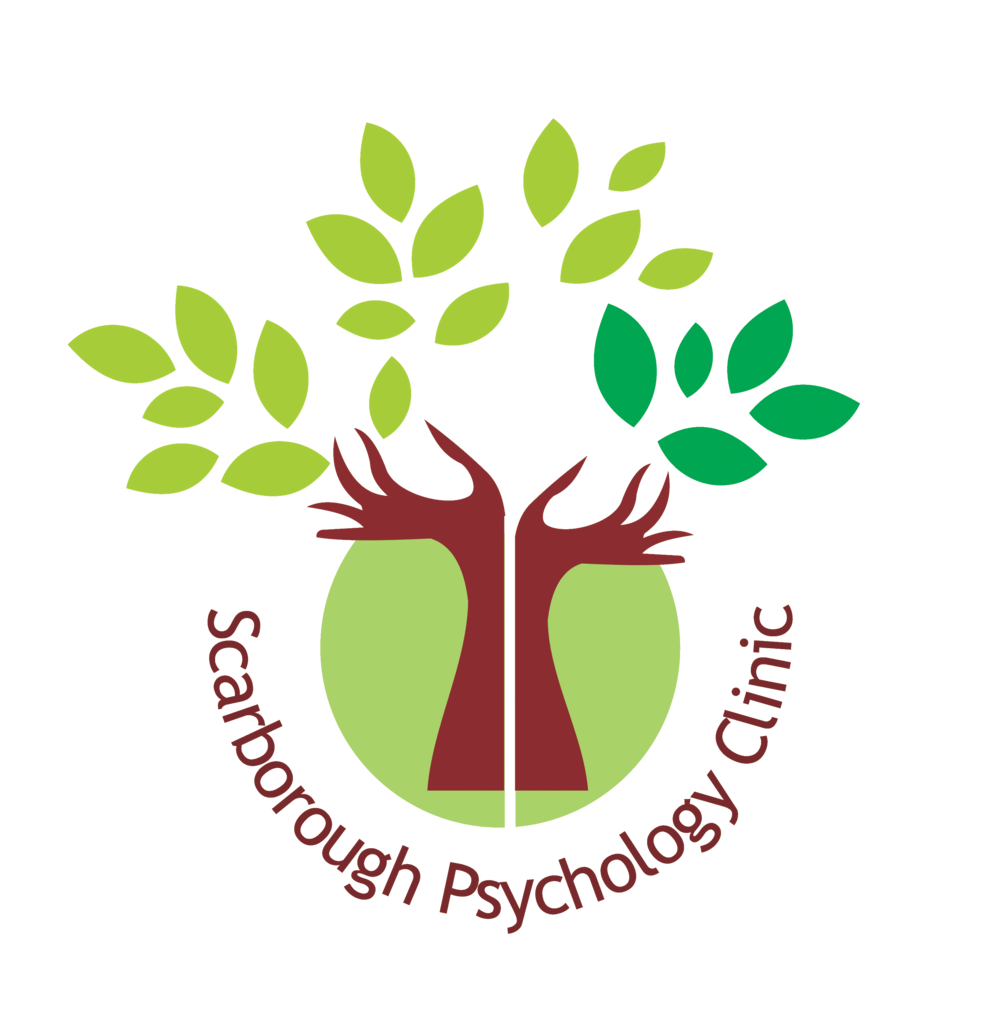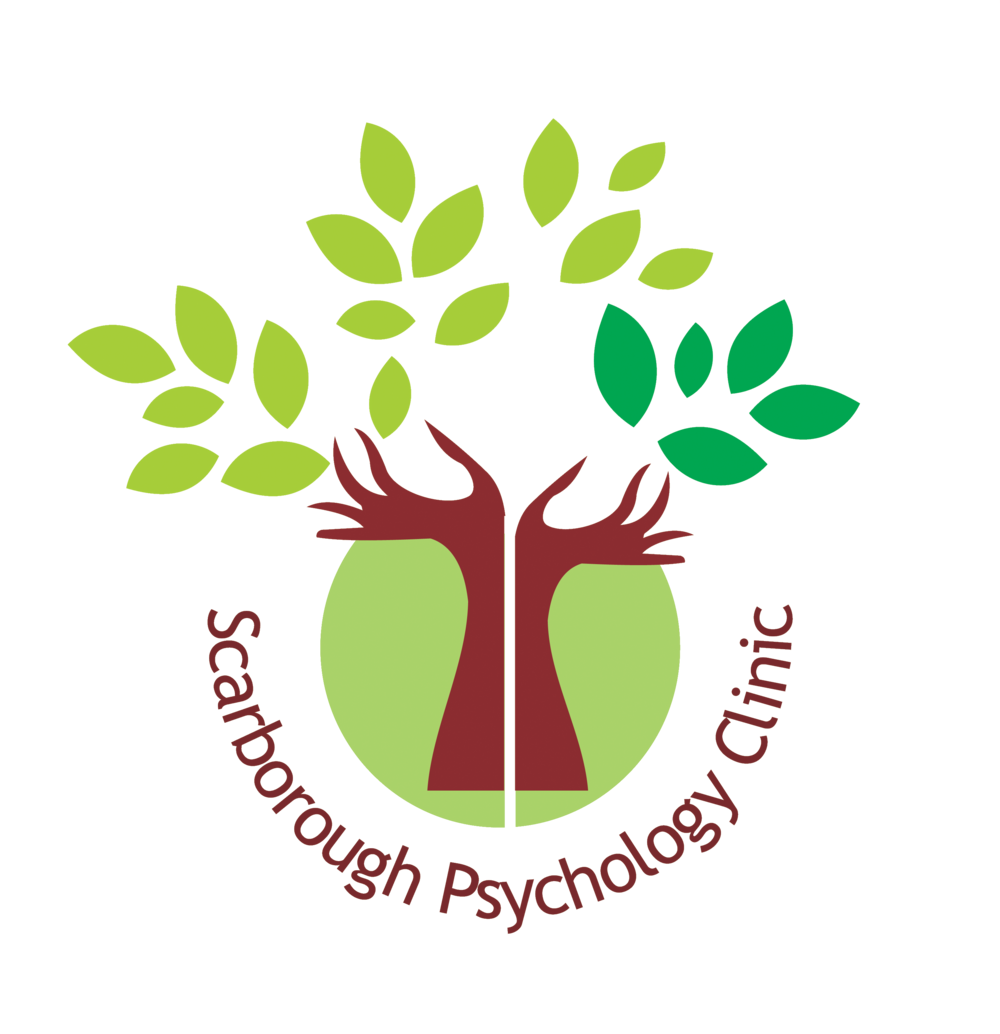“Freedom is waiting so that you do not need to remain
hostage to self-destructive behaviours.”

Are you unable to stay away from a substance, even if it is causing harm to your health and relationships?
Do you feel that you are spending too much money on the substance?
Do you feel the compulsion to use a substance as it makes you feel better?
Are you ignoring relationships and losing energy and motivation toward work?
Addiction or Substance Abuse is a condition during which we continue to use a substance even though it might be causing harmful interference in our lives. We can become physically or psychologically addicted to substances. These substances may be legal drugs, illegal street drugs, or even prescription medications.
These may include alcohol, tobacco, cannabis, caffeine, cocaine, sedatives, hypnotics, anxiolytics, inhalants, hallucinogens, and stimulants.
There are four ‘C’s that are often used to define addiction:
- Craving
- Loss of Control of the amount of frequency of substance use
- Compulsion to use the substance
- Use of the substance despite Consequences.
The negative effects of addiction can vary from feelings of being “hung-over” to more severe consequences such as homelessness or health problems. Recurrent substance use may fail to fulfill significant obligations like work, school, or home. Loss of important social, occupational, or recreational activities and estrangement from family and friends can occur due to substance use.
Treatment of addiction often begins with withdrawal management and detoxification and this process can last several days to a few weeks. During this process, we may experience physically distressing symptoms. This is followed by behavioral therapy and counseling, which can be offered individually or in a group format.
A cognitive behavioral approach is often employed in treating addiction issues because it can help identify thoughts, moods, and behaviors that may increase the risk of relapse.

